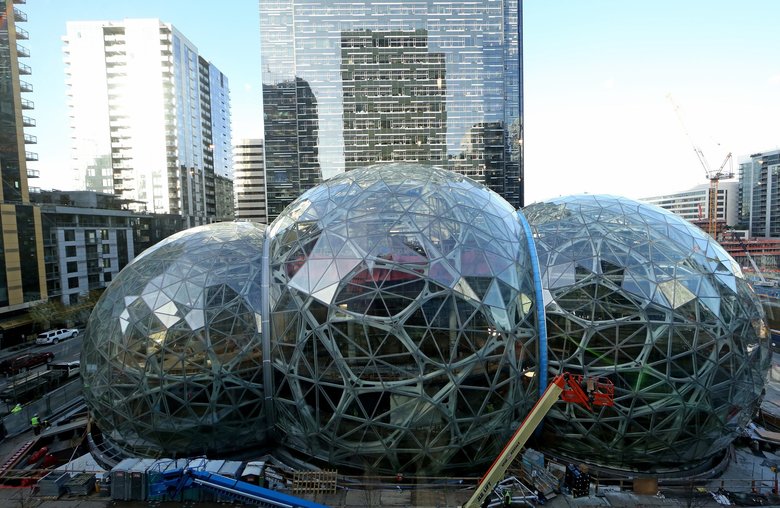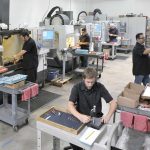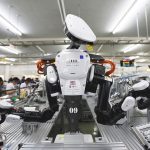Amazon’s headquarters in downtown Seattle (above) features integrated biodome structures on the company’s urban campus.
When Amazon announced last week that it was launching a nationwide competition for a city to land it’s second corporate headquarters, Detroit redevelopment guru Dan Gilbert sprang into action.
Gilbert, the chairman of Quicken Loans who owns dozens of downtown buildings, formed a task force and promised that “Detroit will make an extremely strong pitch to Amazon.”
Well, it only took a few days for Gilbert to realize that wooing a corporate giant is not as easy as buying up buildings in Detroit that have been vacant for years or planning a downtown skyscraper with the help of generous tax provisions from the state Legislature.
A detailed analysis of the specifications for this Amazon contest by the New York Times concluded that Detroit has virtually no shot at the ultimate prize – a sprawling, $5 billion facility with 50,000 jobs. In fact, the Times research shows that Grand Rapids has a slightly better chance of landing what’s known as Amazon HQ2 than the Motor City.
The criteria announced by the online retail giant caused some media commentators to conclude that Metro Detroit would lose out because of its mediocre public transit system, which relies on an archaic bus system.
But Times reporters who closely studied Amazon’s eight-page proposal, starting with dozens of potential winners, quickly eliminated Detroit from the competition for a variety of reasons.
The first criteria – a metropolitan area of at least 1 million people with a “stable business climate for growth” – instantly knocked Motown out of contention. The Times’ “Upshot” blog concluded that “sentimental picks like Detroit fail this first test.” But Grand Rapids was still in the running.
As the analysis moved through the next phase — an abundant workforce with people who are talented in technology and science – Grand Rapids disappeared from the map.
From there, the markers for success, such as quality of life, public transportation (including a top-notch international airport), the ability to provide a large tract of land, and a willingness to offer substantial state and local tax breaks, left just one logical winner.
Here is the Times’ conclusion:
So Denver it is. The city’s lifestyle and affordability, coupled with the supply of tech talent from nearby universities, has already helped build a thriving start-up scene in Denver and Boulder, 40 minutes away. Big tech companies, including Google, Twitter, Oracle and I.B.M., have offices in the two cities. Denver has been attracting college graduates at an even faster rate than the largest cities. The region has the benefits of places like San Francisco and Seattle — outdoor recreation, microbreweries, diversity and a culture of inclusion (specifically cited as a criterion by Amazon) — but the cost of living is still low enough to make it affordable, and lots of big-city refugees have been moving there for this reason. Amazon would be smart to follow them.
Lots of lessons to be learned here by Detroit’s political and civic leaders. Amazon is not coming to the Motor City, but perhaps we should thank the company for providing us with an education in attracting new employers.









